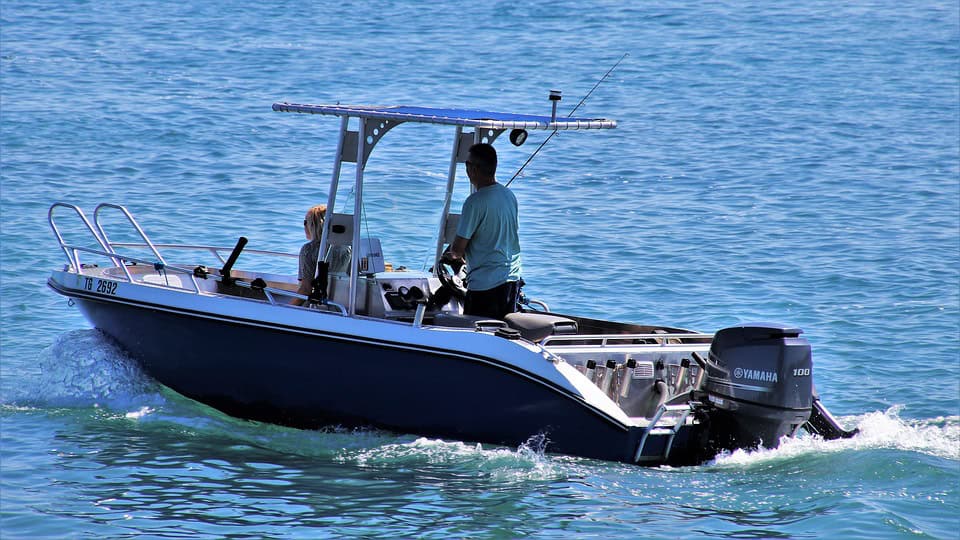
A speeding power boat’s wake causes a small boat to capsize near the Philadelphia Airport. Before they can react, six boaters are thrown into the water and their boat is capsized. An emergency radio call goes out and minutes later, all six victims are rescued by The United States Coast Guard Auxiliary.
The United States Coast Guard Auxiliary, Southern New Jersey Flotillas, based in Marlton, reminds boaters to remain vigilant and avoid disaster by taking the “Seven Step Test for Boating Safety”.
Check your life jackets. You must have one, properly fitted life jacket for every person on board. The law requires all children under 13 years old to wear one and it must not be an inflatable life jacket.
There’s still plenty of time to get your free Coast Guard Auxiliary vessel safety check. The auxiliary will review your equipment to help you ensure a safe boating environment for your passengers and crew.
Carry a VHF Marine radio on board. Don’t rely on your cellphone. Auxiliary patrols have rescued boaters in danger of collision with commercial shipping when the boater had no radio to contact the ship’s captain.
Take the Coast Guard boating safety course, which leads to the required New Jersey boating certificate.
Call the Marlton Flotilla at (856) 797-1939 for information on a nearby class.
Review the navigation “rules of the road” and carry the proper signaling devices including a reliable horn.
If you trailer your boat, be sure your brakes, wheel bearings, lights, safety chain and winch are in good working order.
Be prepared for minor medical problems, sunshine and the effects of weather, wind and waves. Carry water to stay hydrated and have an ample supply of sunscreen.
Paul Whitman, Jr., a member of Marlton Flotilla 1808 expressed his concern.
“As a Coast Guard Auxiliarist and licensed commercial captain, I’ve seen too many dangerous situations that could have easily been avoided by following these seven steps,” Whitman said. “Wear your life jacket. Get a free vessel safety check. Use a marine radio; don’t rely on your cellphone. Take the boating safety course offered by the auxiliary. Practice proper fueling. Don’t use alcohol or drugs while boating. Know the law and remember safety applies to personal watercraft and paddlecraft.”









